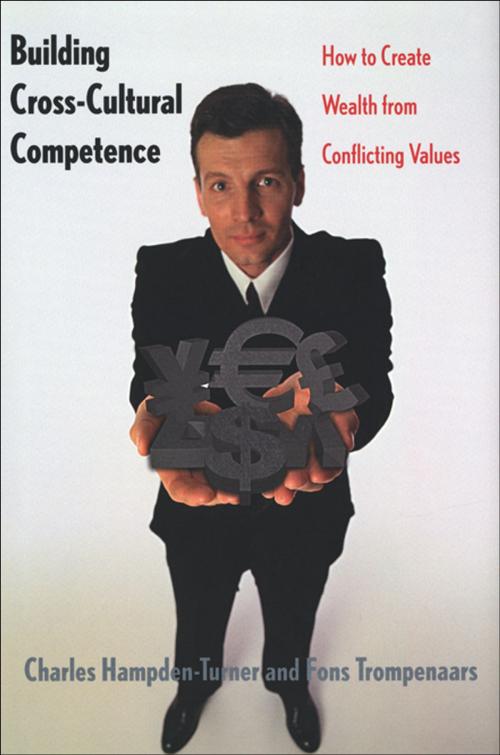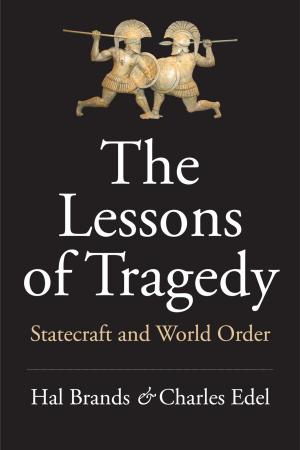Building Cross-Cultural Competence
How to Create Wealth from Conflicting Values
Business & Finance, Economics, International| Author: | Mr. Charles M. Hampden-Turner, Mr. Fons Trompenaars | ISBN: | 9780300130638 |
| Publisher: | Yale University Press | Publication: | October 1, 2008 |
| Imprint: | Yale University Press | Language: | English |
| Author: | Mr. Charles M. Hampden-Turner, Mr. Fons Trompenaars |
| ISBN: | 9780300130638 |
| Publisher: | Yale University Press |
| Publication: | October 1, 2008 |
| Imprint: | Yale University Press |
| Language: | English |
Cross-cultural competence is a skill that has become increasingly essential for the managers in multinational companies. For other business people, this kind of competence may spell the difference between surviving and perishing in the new global economy. This book focuses on the dilemmas of these managers and offers constructive advice on dealing with culture shock and turning it to business advantage. Opposing values can be understood as complementary and reconcilable, say Charles Hampden-Turner and Fons Trompenaars. A manager who concentrates on integrating rather than polarizing values will make much better business decisions. Furthermore, the authors show, wealth is actually created by reconciling values-in-conflict.
Based on fourteen years of research involving nearly 50,000 managerial respondents and on the authors’ extensive experience in international business, the book compares American cultural values to those of more than forty other nations. It explores six culture-defining dimensions and their reverse images (universalism-particularism, individualism-communitarianism, specificity-diffusion, achieved statusascribed status, inner directionouter direction, and sequential timesynchronous time) and discusses them as alternative ways of coping with life’s-and business’s-exigencies. With humor, cartoons, and an array of business examples, the authors demonstrate how the reconciliation of cultural differences can cause whole organizations to grow healthier, wealthier, and wiser.
Based on fourteen years of research involving nearly 50,000 managerial respondents and on the authors’ extensive experience in international business, the book compares American cultural values to those of more than forty other nations. It explores six culture-defining dimensions and their reverse images (universalism-particularism, individualism-communitarianism, specificity-diffusion, achieved statusascribed status, inner directionouter direction, and sequential timesynchronous time) and discusses them as alternative ways of coping with life’s-and business’s-exigencies. With humor, cartoons, and an array of business examples, the authors demonstrate how the reconciliation of cultural differences can cause whole organizations to grow healthier, wealthier, and wiser.















